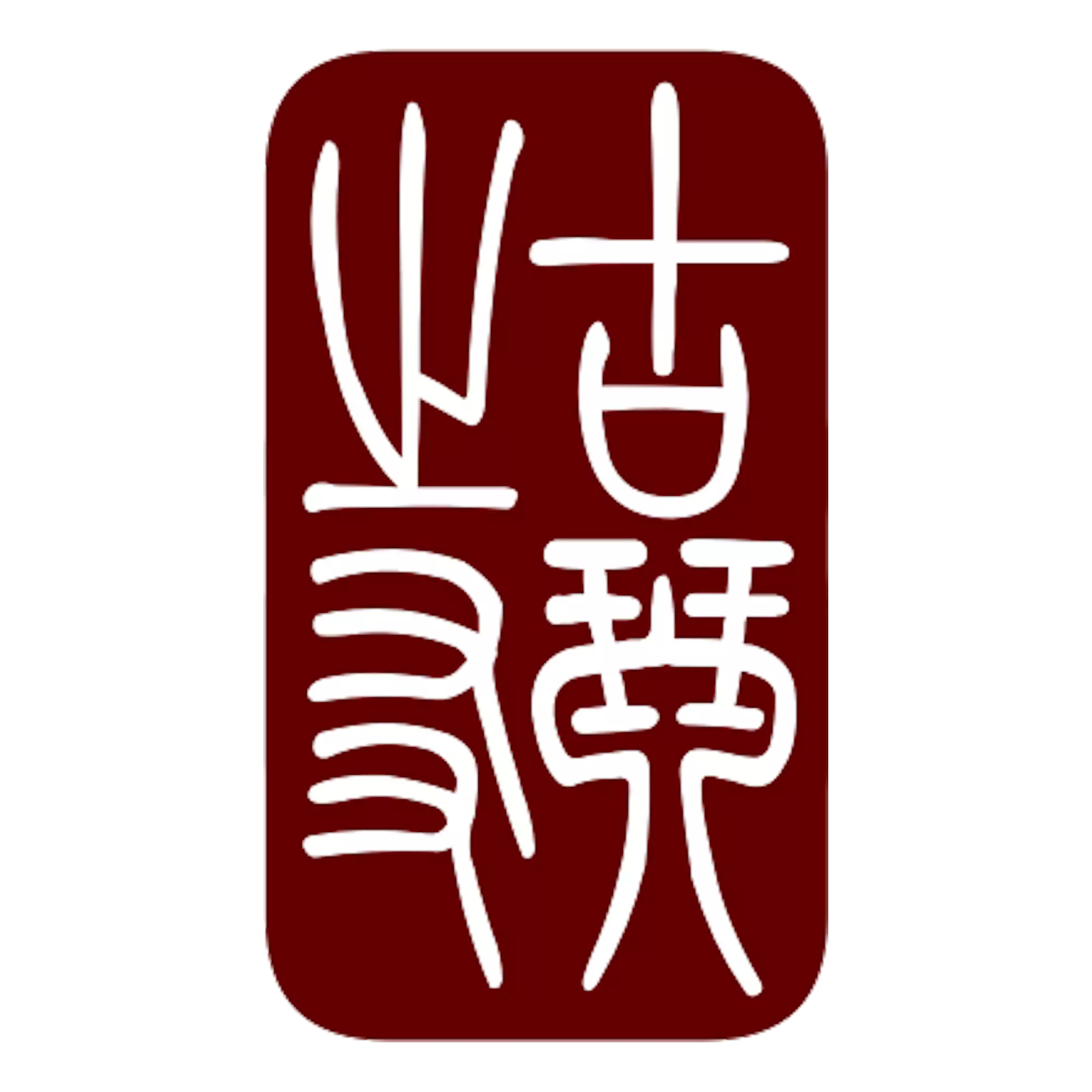This video offers a profound reflection on the guqin, not merely as a musical instrument but as a medium for personal, spiritual, and philosophical cultivation. It begins with the auditory experience: the sound of the guqin is tranquil, distant, and ancient — evoking a timeless atmosphere that invites contemplation. From this first impression arises a desire to understand its construction — seven strings stretched over a wooden body — and eventually, to learn how to play it.
Playing the guqin requires mastery of specific left and right-hand techniques, as well as the thoughtful selection of pieces. The traditional repertoire is vast and deeply expressive, often rooted in nature, human emotions, and philosophical themes. Iconic compositions like “Guangling San” (廣陵散), with its dramatic, heroic tone, or “Flowing Water” (Liú Shuǐ, 流水) — the piece famously associated with the story of Yu Boya and Zhong Ziqi — demonstrate that each performance conveys far more than just musical technique; it carries narrative, poetry, and emotion.
The video explains that beyond technical skill, the guqin is a path of self-cultivation. The music can be experienced in layers: first visually, as imagery (yì jìng, 意境); then literarily, as each piece embodies a story, poem, or philosophical essay; and finally musically, through nuanced variations in rhythm, tone, and dynamics. These layers unfold into deeper philosophical insights.
The guqin integrates principles from Daoism, which teaches harmony with nature; Buddhism, which explores the paradox of the intangible and the real — music that cannot be seen or touched, but which profoundly moves us; and Confucianism, which values inner peace, uprightness, and benevolence (ren, 仁).
This confluence of traditions transforms the guqin into a spiritual instrument. The ultimate aim is not merely to perform, but to achieve a state of unity between Heaven and Humanity (tiān rén hé yī, 天人合一). Through this unity, the player becomes attuned to the rhythms of the universe, reflecting on nature, impermanence, and the role of the self. The final aspiration in this path is to reach “Supreme Goodness” (zhì shàn, 至善) — an ideal of moral, emotional, and aesthetic harmony.
As with the sages of old, playing the guqin becomes more than musical practice — it is a way to connect with the world, with others, and ultimately, with oneself.
For those interested in delving deeper into Master Yuan’s teachings, his YouTube channel offers a variety of content related to the guqin and its philosophy.
Jung Ping Yuan 袁中平 YouTube channel
